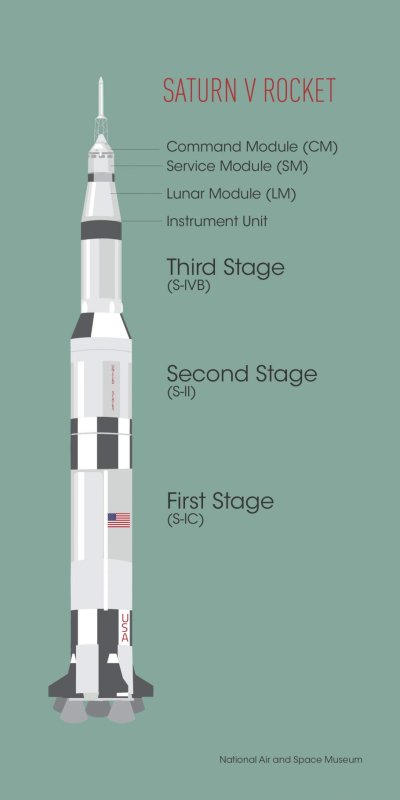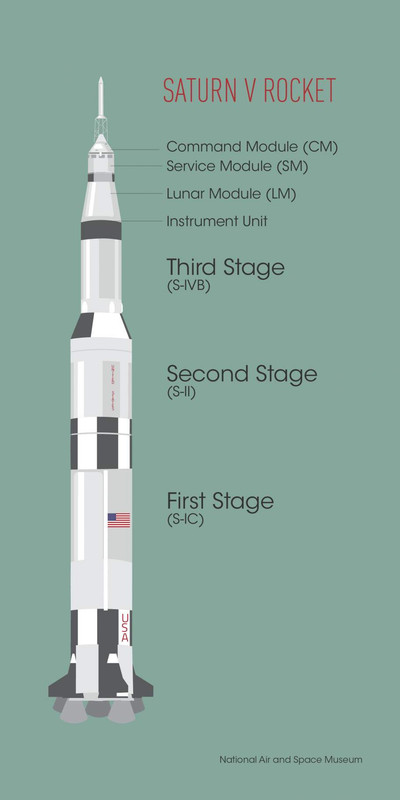There's too much focus on the fuel source for powering cars instead of looking more fundamentally at the car or other means of transport itself, particularly it's size, weight and performance. It doesn't matter whether it's powered by electricity, hydrogen or e-fuel, the bottom line is that no personal means of transport is going to be green if it weighs 2.5 tonnes and climbing. The biggest EV cars are already 3 tonnes. The present trend for EV's is going in completely the wrong direction in this respect. I cannot accept a view that I have to give up my own car while monster EV's are allowed to grow in size and weight unchecked just because the owner can afford it. There is so much that can be done to reduce emissions by reducing the size of vehicles before individuals need to be deprived of their own personal transport and to say otherwise is defeatist. We could learn from the Japanese and introduce something along the principle of Kei cars where substantial financial benefits are accrued for cars restricted in size and weight. Note I said principle, they would have to be a little bigger.
Please will nobody mention public transport as a solution. I waited 30 mins for a bus today that simply never came and had to walk 5 miles as a result.
www.hyperion.inc




